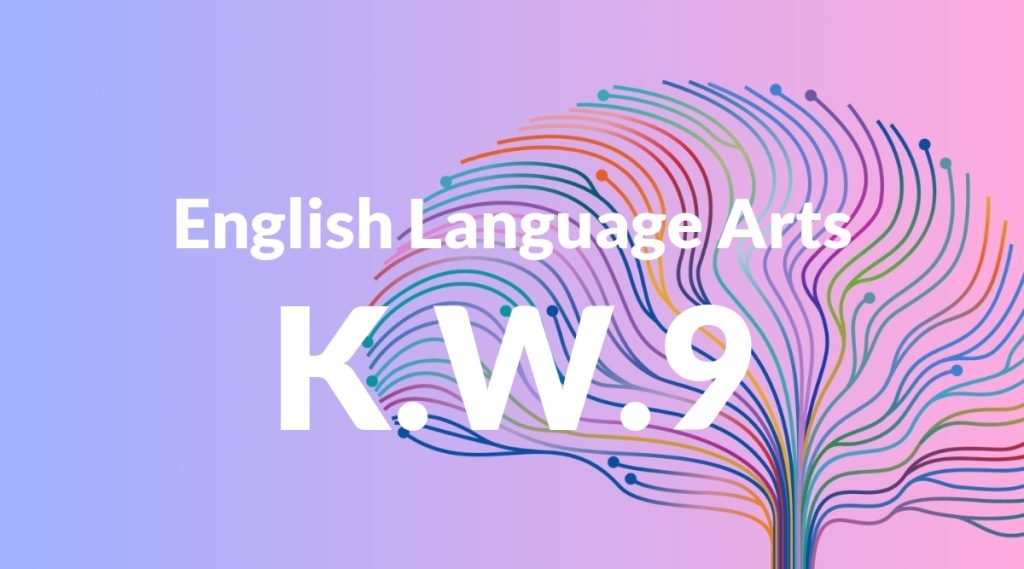Standard: K.W.9 – (Begins in grade 4)
Grade level: Kindergarten
Subject: English Language Arts
Domain: Writing
Teacher Overview
This standard focuses on helping students generate ideas for writing topics. It’s important because it lays the foundation for more complex writing tasks in later grades. By learning to generate topics, students begin to see writing as a creative process. Students should be familiar with the basics of sentence structure, letter sounds, and simple storytelling before tackling this standard.
After mastering this standard, students will be able to create more complex and varied writing pieces, using descriptive language and understanding different writing structures.
Common Misconception 1
A common misconception is that writing must be perfect on the first try. This is incorrect because the writing process involves drafting, revising, and editing to improve the initial ideas.
Intervention 1
Implement a writing workshop model where students are encouraged to draft and then share their work for feedback before revising.
Common Misconception 2
Another misconception is that students can only write about familiar topics. This limits creativity and exploration. Students should be encouraged to brainstorm and explore new ideas.
Intervention 2
Use brainstorming sessions and graphic organizers to help students generate and organize new ideas for writing.
Prerequisite Knowledge
Students should have basic understanding of letters and sounds, ability to form simple sentences, and familiarity with basic storytelling elements.
Subsequent Knowledge
Students will develop the ability to create more complex narratives, use descriptive language, and understand the structure of different types of writing such as informative and persuasive texts.
Instructional Activities
- Picture-based storytelling
- Daily routine descriptions
- Book reviews
- Explaining simple processes
- Creating lists for specific purposes




